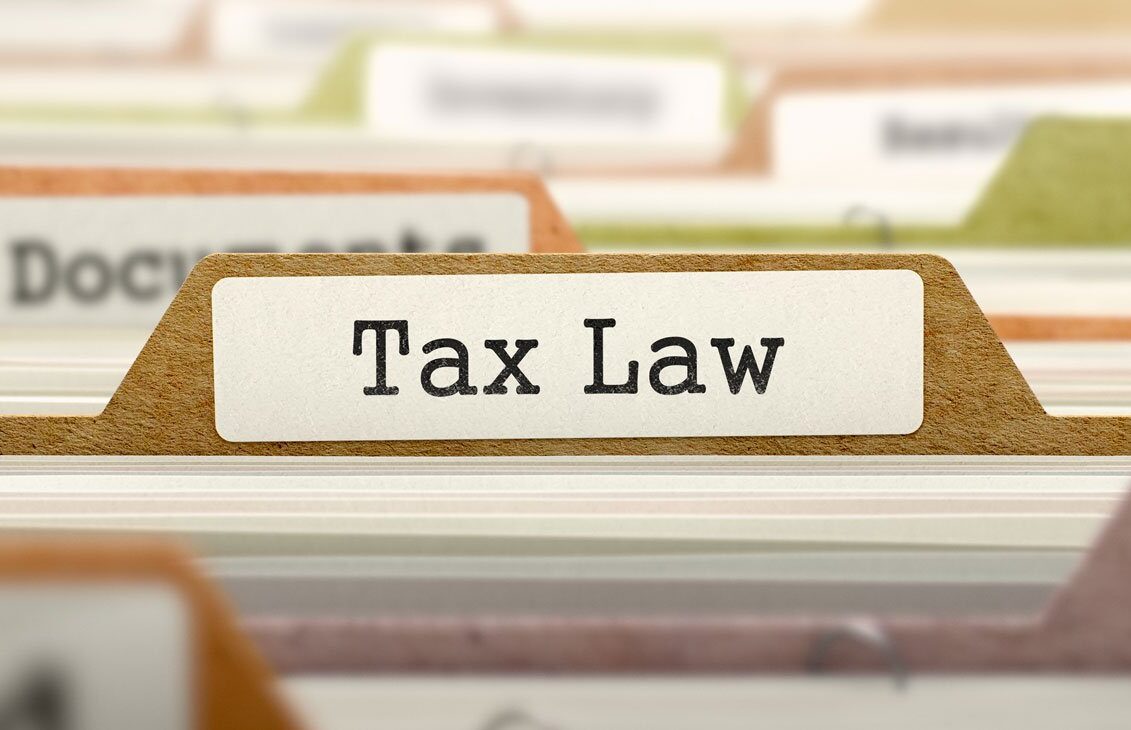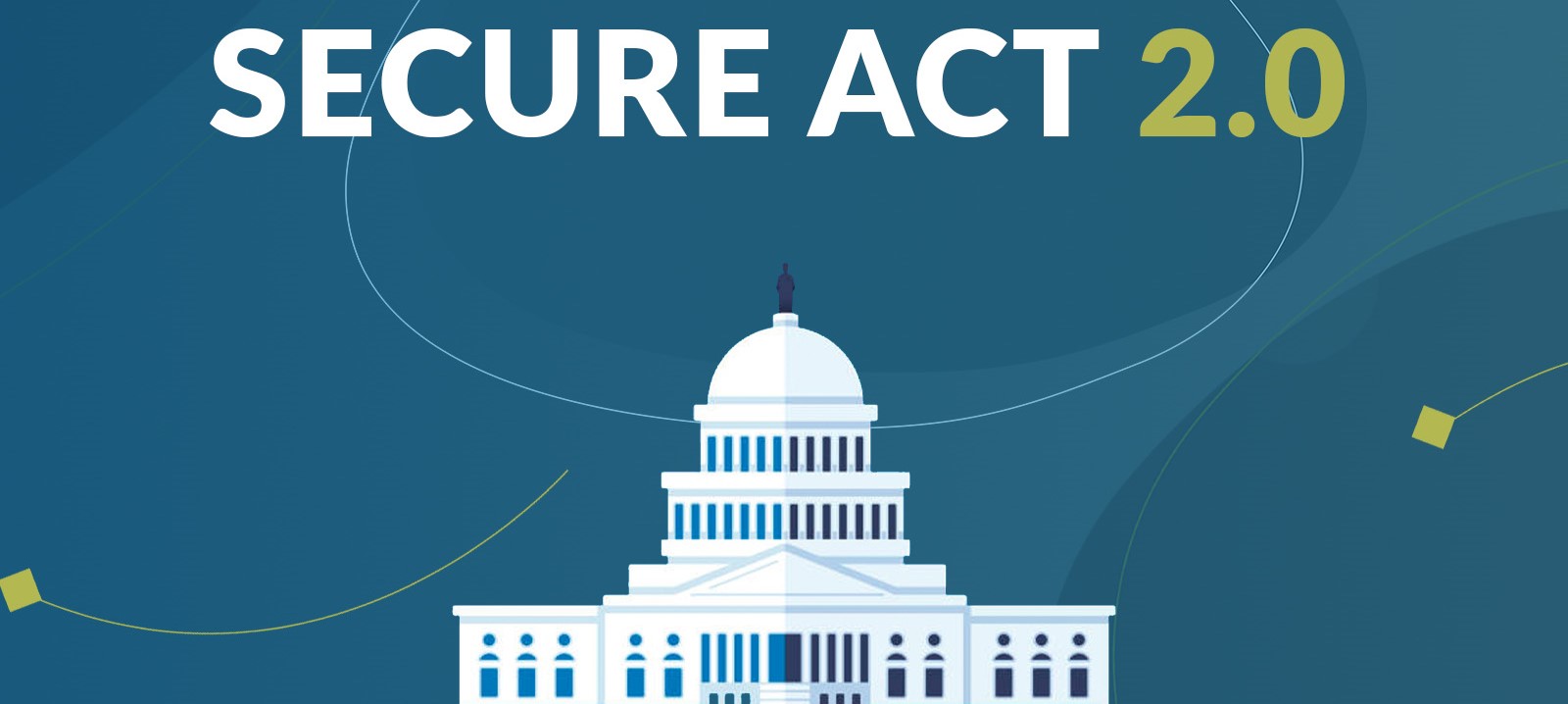Back in 2020, Congress enacted the CARES Act. The CARES Act allowed qualified individuals affected by COVID to take penalty-free distributions from their retirement accounts of up to $100,000. As a result, the taxation on these distributions could have been paid in 2020 or spread over three years. These distributions are called Coronavirus Related Distributions (CRDs) and were only allowed in 2020. However, a CRD can be repaid to eligible retirement accounts.
Repayment of a CRD
Here is what you should keep in mind when repaying a CRD. If you took a Coronavirus Related Distribution, you must repay the withdrawals within three years to a retirement account, tax-free. Furthermore, the three-year period begins on the day after the date funds are received. Additionally, you can make one or more repayments during the three years. Lastly, payments cannot exceed the amount distributed.
Repayments can be made to any retirement plan to which the original distribution could have been rolled over. Repayment does not have to be made to the account from which the CRD originated. For many, this is a critical point to keep top of mind because many individuals may no longer have the retirement account from which the CRD came. For example, they may have changed jobs and no longer participate in the plan from which they received the CRD.
The repayment will be considered a direct rollover between a plan and an IRA and a trustee-to-trustee transfer between IRAs. When you repay a CRD, no taxable event is assumed to have occurred, and the once-per-year rollover rule will not apply.
If you recontribute a CRD, you can file an amended tax return to recover the taxes paid.
Example:
Juan had COVID in 2020 and lost his job. He took a CRD of $100,000 on September 8, 2020, from his 401(k). At the time of the distribution, he elected to pay taxes due on the CRD in 2020 instead of spreading the income over three years. In 2022, Juan has a new job. He decides to repay the CRD to his IRA. He will need to file an amended return to recover the taxes he paid in 2020.
By Sarah Brenner, JD
Director of Retirement Education











